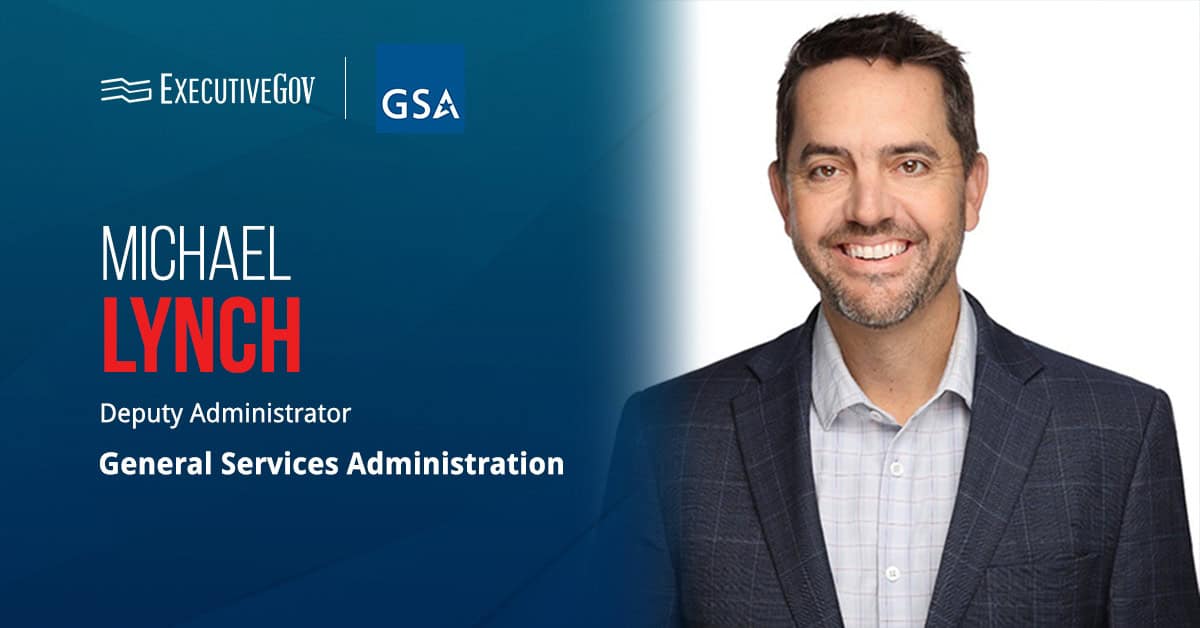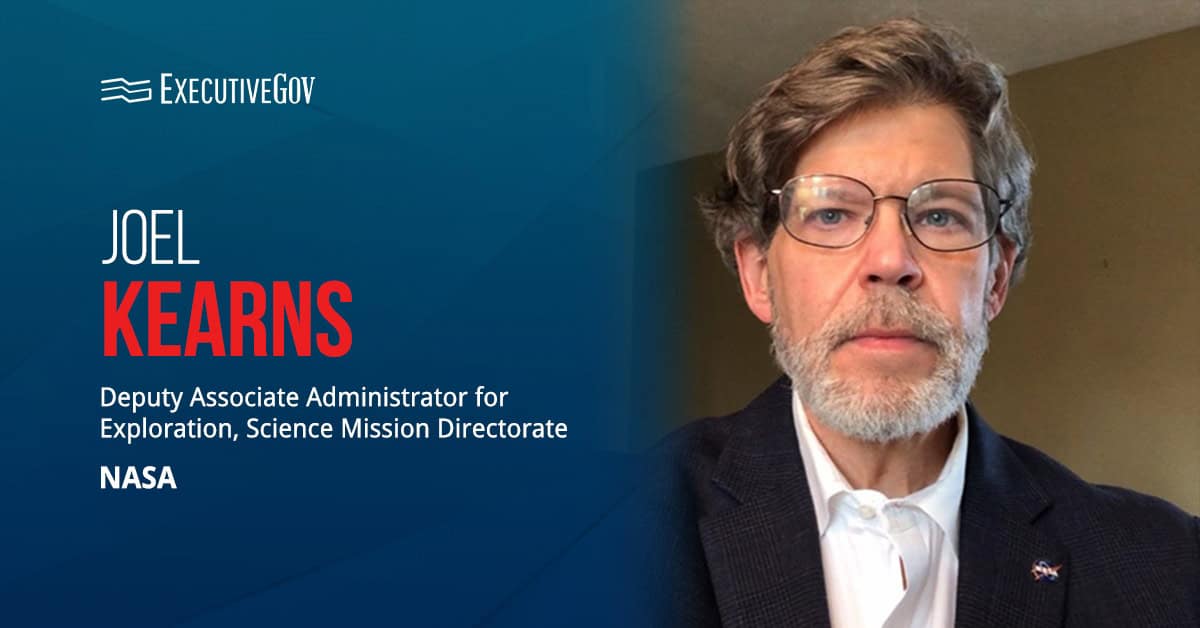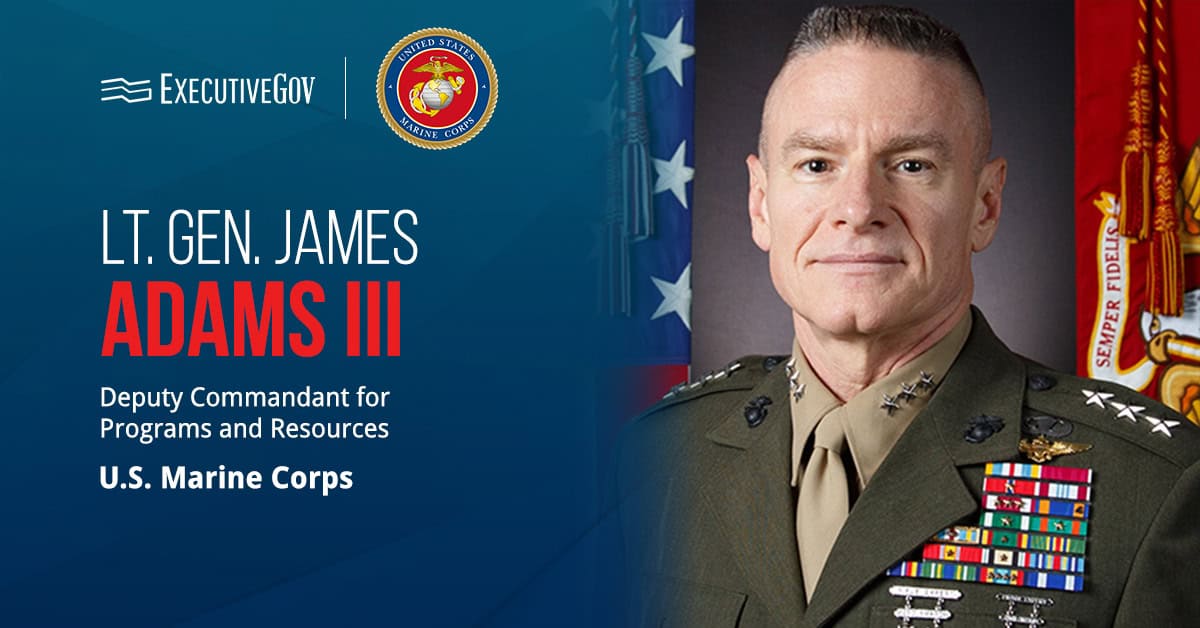
NASA has docked the Mars helicopter to the Perseverance rover in preparation for the upcoming mission scheduled 10 months from now.
The space agency performed the installation at the Payload Hazardous Servicing Facility within Kennedy Space Center, NASA’s James Cawley wrote in a blog posted Friday.
The helicopter runs on solar energy and has two rotors to demonstrate flight on the red planet over a 30-day period. Flights will last for up to 30 seconds each without active control from an external operator.
NASA expects the Perseverance rover to arrive on Mars in February 2021, with a launch scheduled for either July or August 2020.





